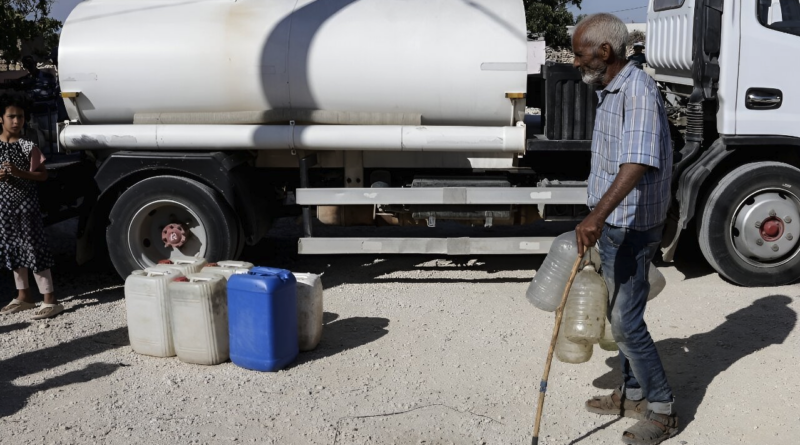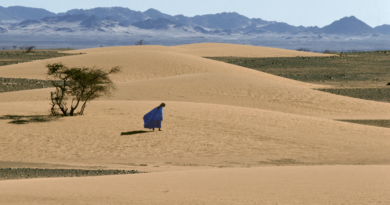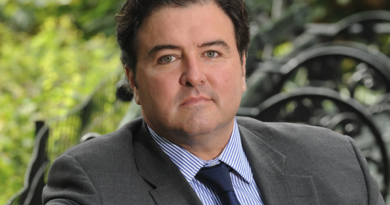Morocco Turns to Desalination to Combat Thirst
In western Morocco, residents are relying on the Atlantic Ocean for drinking water, using mobile desalination stations to battle the country’s ongoing drought. These compact, transportable units, known as “monobloc” stations, have been deployed across the nation since 2023 as part of Morocco’s efforts to mitigate the increasing effects of climate change.
Morocco has built 44 of these mobile desalination stations, providing a vital source of potable water to remote areas suffering from the worst drought in nearly four decades. Tanker trucks distribute desalinated water to villages, including Beddouza, where locals now have access to clean water they never expected to receive.
The situation is dire in regions such as Al-Massira, where Morocco’s second-largest dam has dried to just 0.4 percent capacity, a stark contrast to its 75 percent level in 2017. Across the country, dam fill rates average only 28 percent, with projections from the agriculture ministry suggesting a further decrease by 2050 due to persistent drought.
As Morocco confronts the impacts of climate change, King Mohammed VI has pledged to expand desalination efforts. By 2030, these plants are expected to provide over 1.7 billion cubic meters of water annually, meeting more than half of the country’s drinking water needs.
Water scarcity also threatens Morocco’s agricultural sector, which employs about a third of the workforce and contributes significantly to exports. Cultivated land is projected to shrink, and the demand for water in agriculture, which consumes over 80 percent of the country’s resources, continues to strain supplies.
Desalination is becoming increasingly vital. In Safi, authorities have successfully built a permanent desalination plant serving 400,000 residents. This facility will be expanded to supply Marrakesh by 2026, as the country races to build more plants and provide water security to millions.
With nearly depleted water reserves and dry aquifers, Morocco plans to construct an additional 219 desalination stations, including larger plants for cities like Casablanca. By relying on both the Mediterranean Sea and the Atlantic Ocean, the country is banking on desalination to overcome future water stress and secure a sustainable supply for its population.



